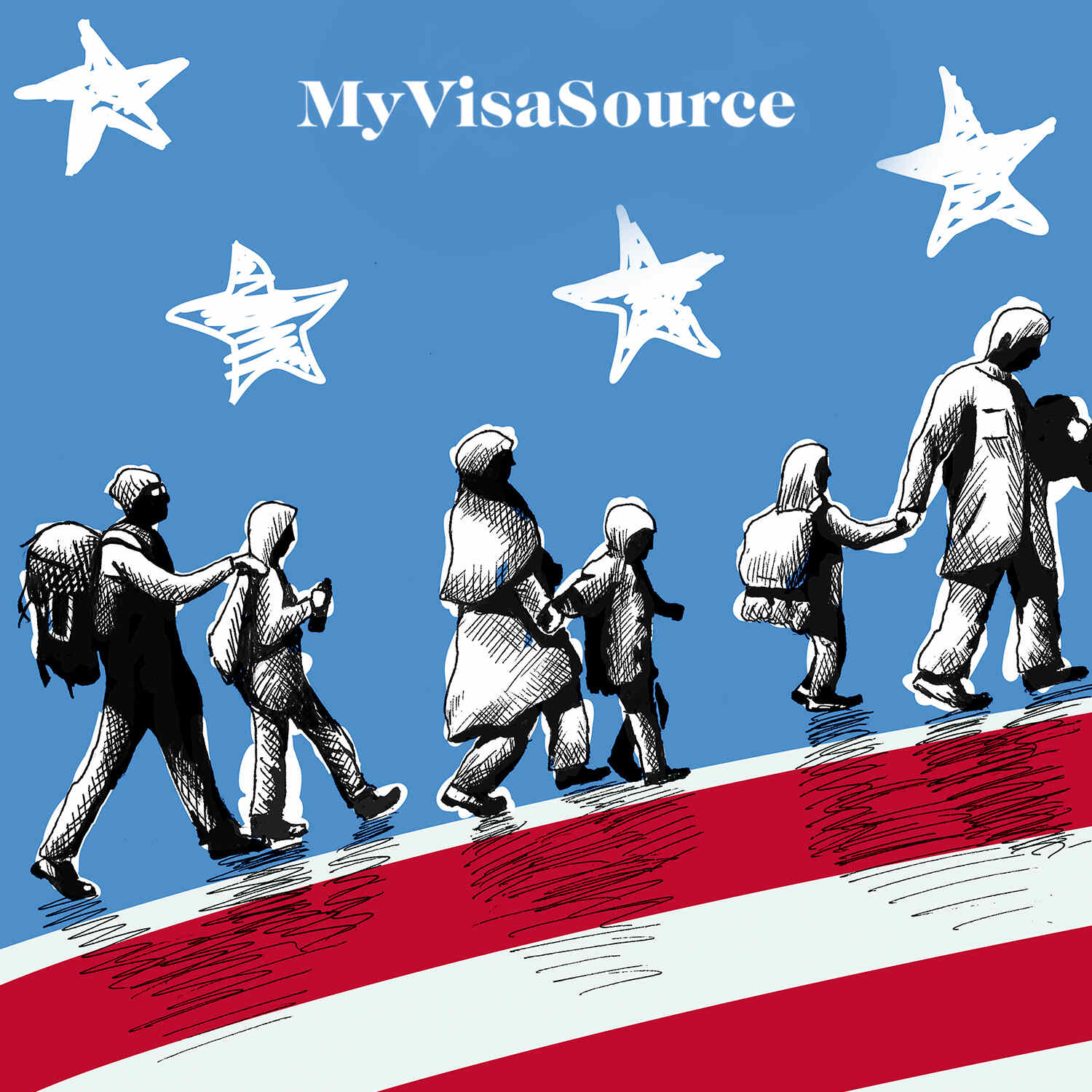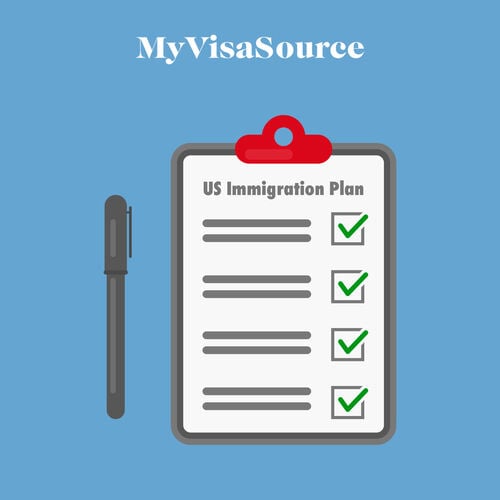The Biden Administration recently unveiled the US Citizenship Act of 2021 which is expected to have an impact on the lives of millions of immigrants. The new act seems to have proposed laws for citizenship pathways for undocumented immigrants, increasing funds for border technology and addressing the root cause of migration.
However, it is important to understand that this act is just a proposed law as of now, still undecided by Congress. It is still being deemed as one of the most sweeping developments in immigration laws over the last few decades. Congress may suggest certain changes to the act before making it law.
What Does the US Citizenship Act for 2021 Highlight?
The biggest highlight of the US Citizenship Act for 2021 is that it includes an immigration pathway for undocumented immigrants. However, many other big changes have been introduced, as described below in detail:
Citizenship Pathway for Undocumented Immigrants:
The new citizenship act will offer an 8-year immigration pathway for undocumented immigrants in the US. This will include certain dreamers, Temporary Protected Status (TPS) holders, and farm workers. Currently, foreign nationals who have been present in the US on or before January 1, 2021, and meet other eligibility requirements can apply for a TPS and apply for permanent residence after 5 years of continuous residence in the US. After 3 years as lawful permanent residents, these immigrants can qualify for US citizenship through the naturalization process.
This act also includes certain provisions to expedite the processing of Green Cards for certain foreign nationals who entered the US as children. Children of DACA, TPS holders, and farmworkers can immediately apply for a Green Card (Permanent Resident Card) instead of waiting for 5 years. This way, their path to US citizenship is just reduced to 3 years.
Greater Importance on Family Reunification:
The new act will reduce the waiting periods for family-based immigration allowing families to reunite much more quickly. It is common for spouses, dependent children, and parents of US citizens to be separated as they wait for their immigrant visas to be processed. However, the Biden Administration wants to reduce such backlogs and increase per-country visa caps to reduce wait time for such families.
Spouses and dependent children of lawful permanent residents will be moved to immediate relative categories of immigrant visas and will be exempt from the per-country visa caps. This act will also allow family members with approved family sponsorship petitions to join their family in the US temporarily while they wait for their green card to be processed.
Less Wait Time for Employment-Based Visas:
The wait time for employment-based visas will also be reduced by capturing unused visas and eliminating the per-country visa caps. This way international graduates of US universities with advanced STEM degrees can stay in the US and workers in low-wage sectors can access the green card. The new act will also protect foreign workers from exploitation by employers and improve the employment verification process.
Funding Border Technology:
The Biden Administration will approve additional funding for technology that will reduce screening times at the Port of Entry. This means that border officials will get better tools to search for contraband and narcotics. The new act also strives to increase funding for better training for Customs and Border Protection (CBP) officials. This is to train the CBP officials on how to deal with detainees and border communities in a better, more empathetic manner.
What Else Is Being Done by the Biden Administration?
Biden Administration is making efforts to use more inclusive language to address undocumented immigrants. The administration has urged the use of noncitizens instead of “aliens” to refer to undocumented immigrants. Efforts are being made to completely remove the use of “illegal alien” and replace it with “undocumented noncitizen” or “undocumented individual”. Words like “assimilation” will be replaced by “integration” or “civic integration.”
The US immigration law uses the word “alien” extensively in US Citizenship and Immigration Service (USCIS) forms and even during court rulings to describe anyone who is not a US citizen. Since the word has a negative connotation and has gradually become more dehumanizing to foreign nationals coming to the US to make it their home, it seems inappropriate to continue their use.
According to the Pew Research Center, 10.5 million entered the US without documentation in 2017. However, the exact number is unclear. This new act is still just a proposed law and, likely, it will not be implemented exactly as the initial draft. Assuming the bill is cleared by Congress, it will still take several months for the USCIS to implement the new laws.

















